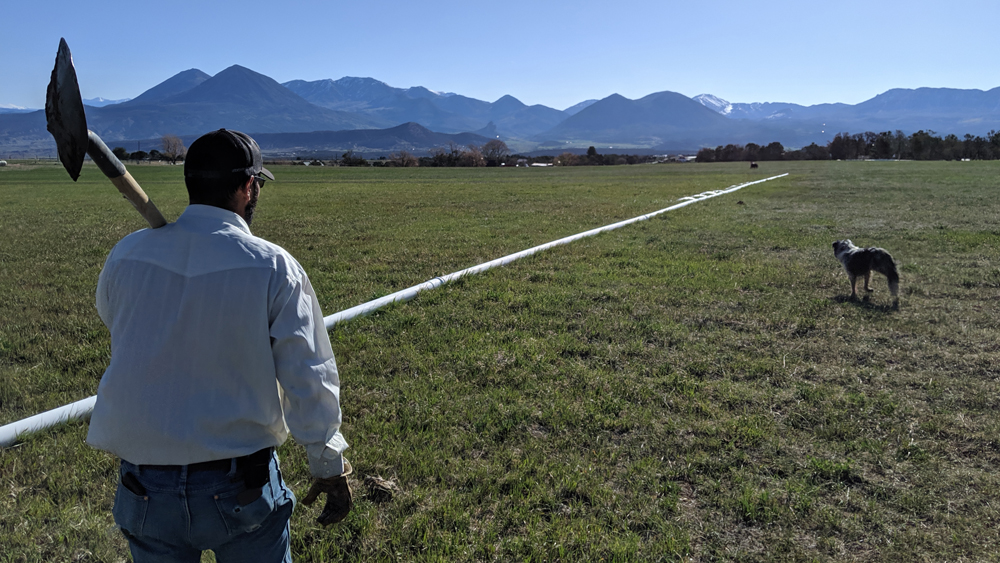- An Alliance For Community Action
- (970) 256-7650
- info@WesternColoradoAlliance.org
The importance of soil health
How paying attention to the dirt itself can help us battle climate change.
When it comes to battling climate change, all solutions are on the table. In the case of the Western Colorado Alliance local food and agriculture team, we are pursuing the advantages of soil health.
The USDA defines “soil health” as, “the continued capacity of soil to function as a vital living ecosystem that sustains plants, animals, and humans.” In practice, we see this as Dawn Trujillo, a local farmer in Grand Junction, said, “I do not grow food, I grow soil.” This focus away from the plants themselves and into what is actually growing the food has a multitude of advantages.
With regards to the climate crisis, soil health has two leading functions:
One, healthier soils have the ability to sequester more carbon. Just as a healthy tree soaks in carbon dioxide and releases oxygen, soil microbes produce the same function. Soil that is able to sequester carbon dioxide is then able to use that storage to grow the plants. This is why unhealthy soil needs so much fertilizer to grow a food — and fertilizers are a major user of fossil fuels.
Second, healthy soil needs less water. The Western Slope is running dry. Currently, we are in one of the worst droughts we have seen in a generation. Alliance member and rancher Tony Prendergast stated, “The dry conditions really started about July 2019 and then, last year was bad, and this year is making to be quite a bit worse.”
When we have soils that have more organic matter within them, those nutrients absorb water and release it slowly back into the soil. It is the difference between trying to drink out of a fire hose and a water fountain. The destruction of soil is detrimental to our water supply.
Aside from the benefits of climate change, healthy soil is beneficial to our food production. Farms and ranches that invest in taking care of their soil see higher yields and healthier produce. This factor is key when we seek to have local farms feed local people. Currently, only 2% of the food we eat in this area comes from the Western Slope. There are many reasons for this, but one is supply. Western Slope farm land is typically split up into multiple smaller plots, unlike the farms of the plains. Instead of having vast acres, our producers must look to make the most out of their land. This makes soil health crucial. Soil health has a compounding value. If done correctly, the act of farming will continuously improve the soil and lead to better and healthier results year after year, allowing more food to be produced on smaller plots.
To spread the word about the benefits of soil health, members are visiting with local producers to learn more about their practices and what they need in support. If you know a local producer, let us know. We’d love to speak with them. At the end of the day, it’s worth remembering one simple fact: Life is dependent on six inches of topsoil and rain. Our Alliance is working to secure that reality.
Before moving to Grand Junction, Nick was a teacher on the front range. His wife and he moved to Grand Junction in 2018 and have loved living here ever since. Nick has been involved in several local campaigns. Nick worked with Western Colorado Alliance in the Grand Junction community center campaign and helped during the 2020 Lobby Trip to Denver before officially becoming an organizer specializing in the areas of public lands and local foods.


